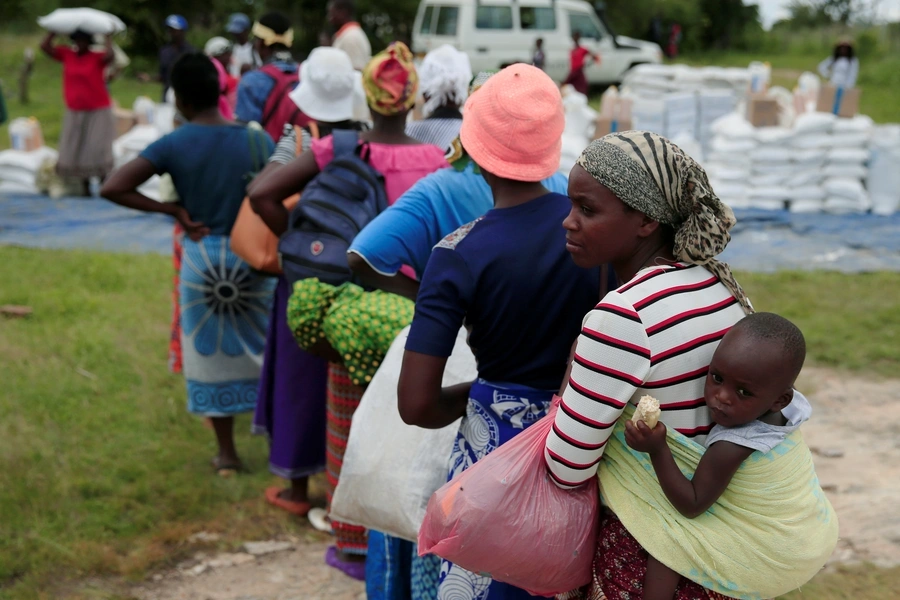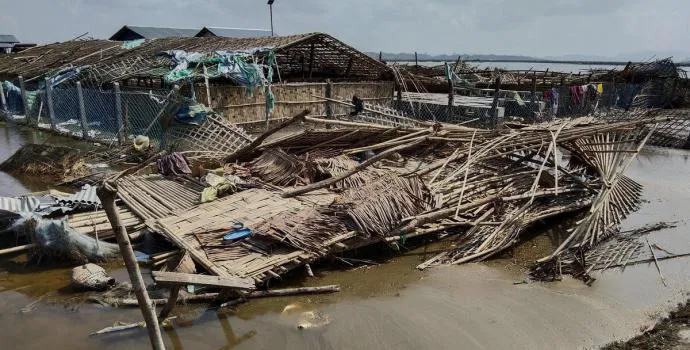Emails: futurehope2015@yahoo.com/futurehopegh@gmail.com Tel: +233 244 647 951 / +233 200 662 592
Home > What We Do >Emergency Response
Emergency Response
In times of crisis, when women and children are at their most vulnerable, Future Hope International (FHI) is there. We are always among the first organizations to deliver life-saving support for women children. We partner with community based organizations (CBOs) wherever possible to ensure our responses are locally driven, allowing us to build trust and gain access to hard to reach communities.

Natural disasters, poverty, disease, and civil war impact thousands in Ghana. FHI provides disaster preparedness, medical aid, disaster relief and recovery.
Emergencies are described as “urgent situations in which there is clear evidence that an event, or series of events, has occurred which causes human suffering or imminently threatens lives or livelihoods, and which the government concerned has not the means to remedy; and it is a demonstrably abnormal event, or series of events, which produces dislocation in the life of a community on an exceptional scale.
When humanitarian disasters and conflicts strike it’s women and children who suffer the most. Trauma, violence, hunger, and the loss of homes, schooling and a sense of safety all deeply hurt women, girls and boys. Women’s and children’s lives are completely disrupted. Often, they are forced to flee for their lives.
This is why FHI works to restore hope by providing women and children and their communities with food, clean water, mental health support, and education, disease prevention and child protection activities.
FHI is an emergency response expert, having responded to numerous emergencies in Ghana since its inception.
We stand with communities right from disaster through to recovery and building back. We do it by working with local people, partners, and local governments.
In vulnerable communities, we pre-position emergency medical supplies, help communities reduce risk and prepare for disaster while training health care providers.

How we work in emergencies and humanitarian crises
In conflict and disaster situations, we respond with a range of activities:
- We provide cash and essential relief to meet urgent basic needs including food, shelter and hygiene items. Wherever possible we enable the people we support to decide for themselves what they need by providing assistance in the form of cash transfers.
- We help to ensure women and children people have the healthcare they need. This may involve supporting local health facilities and systems with drugs and equipment to treat the non-communicable diseases that affect so many women and children. We provide training for staff in government and Community-Based Organisations (CBOs) NGO-run health facilities, and we advise and support health providers with policy advice and support on healthcare for older people.
- We help to ensure older people have the nutrition assistance they need and that general food distributions are accessible for older people. We conduct nutrition assessments using a dedicated methodology.
- We support older people to sustain their livelihoods so they have an income on which to survive. We do this by providing work opportunities and access to micro-credit opportunities, as well as direct cash transfers.
- We help to ensure protection of older people’s lives, security and dignity by identifying the most vulnerable, facilitating their access to essential assistance and care, and advocating for their rights.
- We support organizations and institutions that provide humanitarian assistance to enable the inclusion of older people in the assistance they provide. We provide technical advice, guidelines and training materials, as well as individual and organizational training.
- Where possible and appropriate, we incorporate emergency preparedness and disaster risk reduction measures to build the resilience of people and communities to future disasters.
- We bring the rights and needs of older people affected by humanitarian crises to public attention. Using data and evidence from our work and from research, we inform and advocate to other humanitarian actors, governments, donors, the media and public to ensure they are aware of the impact of conflict and disasters on older people and how they can and should be supported.
